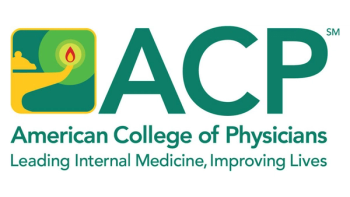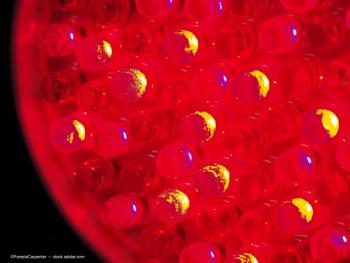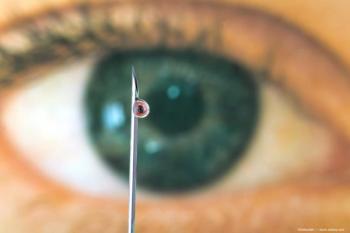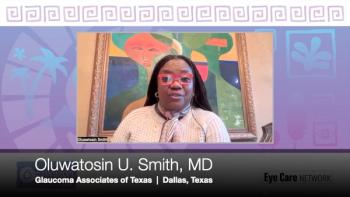
Prior glaucoma surgeries have minimal effect on DSEK outcomes
San Diego-Patients who have had prior glaucoma surgeries are not at significantly increased risk of negative visual outcomes if they then have Descemet's stripping endothelial keratoplasty (DSEK), according to Thasarat S. Vajaranant, MD, assistant professor, glaucoma service, University of Illinois at Chicago.
San Diego—Patients who have had prior glaucoma surgeries are not at significantly increased risk of negative visual outcomes if they then have Descemet’s stripping endothelial keratoplasty (DSEK), according to Thasarat S. Vajaranant, MD, assistant professor, glaucoma service, University of Illinois at Chicago.
“Little is known regarding elevated IOP and its effect on visual outcome after DSEK,” Dr. Vajaranant said.
She and her colleagues conducted a retrospective chart review of 399 DSEK procedures that were performed by a single surgeon. The patients were divided into three groups. Twenty-one of the patients had had prior glaucoma surgeries (trabeculectomies or shunt implantations) before the DSEK procedure. An additional 63 of the patients had glaucoma but no prior surgeries. The rest of the patients (315) did not have glaucoma.
At the 12-month follow-up post-DSEK, all three of the groups presented statistically significantly improved vision compared with baseline.
All three of the groups, however, also showed a sizable incidence of IOP elevation (>10 mm Hg from baseline) during the follow-up period. This increased incidence was higher among patients who had prior glaucoma surgeries (45%) than it was among patients who had glaucoma but no surgeries (39%) or no glaucoma (30%). Patients who had had prior glaucoma surgeries also were more likely to require additional anti-glaucoma medications and to require subsequent glaucoma-related procedures than the other two groups. For this reason, the researchers recommend close monitoring of IOP following DSEK.
“While glaucoma is a major risk factor for poor outcomes in penetrating keratoplasty, it does not appear to affect the visual outcomes in DSEK,” Dr. Vajaranant said.
This research was a collaborative effort between the University of Illinois and the Price Vision Group, Indianapolis, IN. Collaborators from the Price Vision Group, included Marianne O. Price, PhD and Francis W. Price, MD
Newsletter
Don’t miss out—get Ophthalmology Times updates on the latest clinical advancements and expert interviews, straight to your inbox.





























